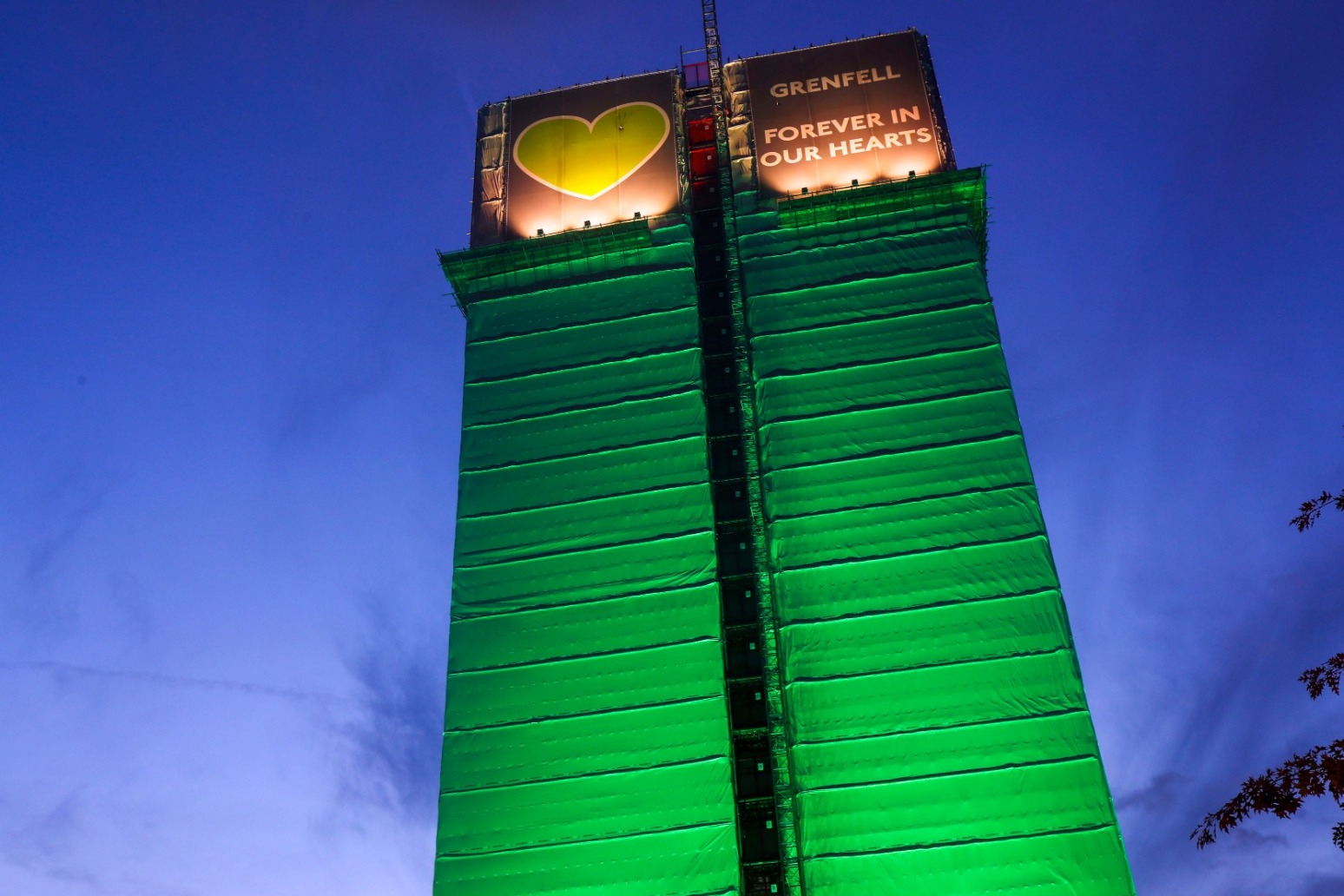
Second phase of Grenfell Tower inquiry to begin
The second part of the public inquiry into the Grenfell Tower fire, examining the circumstances and causes of the disaster, is due to start later.
It will consider how the high-rise block came to be wrapped in flammable cladding, which phase one found was the "principal" reason for the rapid spread of flames.
The second stage of the investigation comes less than two days after a newly-appointed member of the panel resigned after she was linked to a charitable arm of the firm which supplied the tower block's deadly cladding.
Benita Mehra tendered her resignation to Prime Minister Boris Johnson on Saturday, after it was disclosed that she is an immediate past president of the Women's Engineering Society which, according to the society's website, last year received funding from Arconic - the supplier of Grenfell's cladding - for an apprentice conference.
Survivors' groups have said phase two of the inquiry must focus on who is to blame for the "devastating refurbishment" of the 25-storey building between 2012 and 2016.
Grenfell United, a group representing bereaved families and survivors, hoped the next stage of the inquiry "will expose the people and organisations who put profit and agreed above our safety".
The group said: "Those responsible continue to deflect blame and we have to suffer their persistent refusal to accept accountability for the preventable loss of life.
"They must now be held to account.
"The truth will be exposed and at the end of this process it will be clear that criminal charges must be brought for the deaths of our loved ones. It has been over two and a half years but our need to see justice has not faded."
The lead architects for the main refurbishment, Studio E, and the firm Rydon, the lead design and building contractor, will deliver opening statements on Monday.
Harley Facades Ltd, cladding subcontractor to Rydon, is also due to give evidence.
Built in 1974, Grenfell was significantly altered between 2012 and 2016, most significantly when combustible aluminium composite material (ACM) cladding was added over its concrete exterior.
The "precise reasons" why the material was added to the building will be a key consideration, the first report said.
The second phase is split into seven modules, which will include how robustly cladding products were tested, and how residents' complaints to the tower's management were dealt with.
It is due to run until June 2021, and more than 93,000 documents have so far been disclosed, the inquiry said.
Seventy two people died as a result of the blaze at the west London block, after an electrical fault with a fridge freezer sparked a catastrophic fire.
Published: by Radio NewsHub